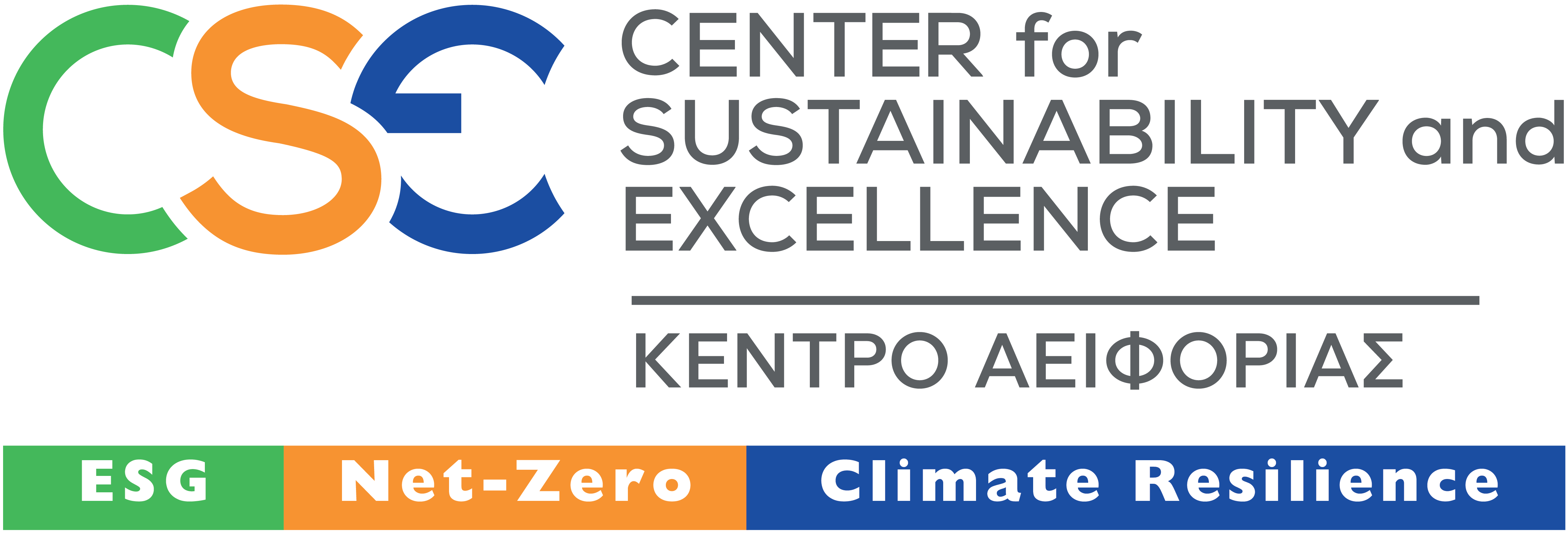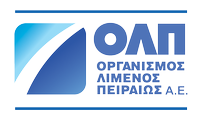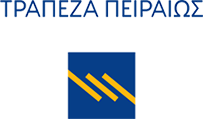Part 4 in our series What to Expect from Sustainability Training
You’re taking the plunge and augmenting your corporate sustainability skills by taking an advanced course. With multiple options, like our upcoming training in Houston, what questions should you ask before deciding?
Is Sustainability training right for me?
Training is appropriate for all skill levels in sustainability. Courses are frequently attended by newly hired sustainability associates, by managers recently tasked with sustainability duties, by VP and Directors honing skills and refreshing their knowledge based on the latest trends. (C-suite officers should consider specialized training.)
What should the course cover?
A comprehensive course starts with the fundamental question “what is sustainability for my company?” and culminates with “how do we communicate our success?” In between: international regulation, supply chain, reporting standards, ESG ratings for investors, carbon footprint and more. For example, who needs to sponsor the effort (i.e., identifying C-suite leaders), ESG (environment, social, governance) pillars , CSR issues, UN Sustainable Development Goals (SDGs) and stakeholder concerns.
What should I expect from a trainer?
Look for a credentialed trainer, with international experience and accolades, representing an internationally known organization. Sustainability is global. Course leaders should have experience with regulations and systems which cross national boundaries and with decades of experience.
What is the difference from a certificate and a credential?
A certificate, like that offered by CSE, provides a baseline of practical knowledge and tools to start or enhance a sustainability career. Often companies send attendees to improve existing efforts. A credential is more a body of experience and expertise. CSE trainers are credentialed by various authorities in sustainability, training and management.
Will I have to take a test?
The most valuable “tests” are those which allow you to exercise, within your organization, the skills you’ve learned. CSE participants submit a two-year Action Plan which identifies company sustainability strengths and stakeholder concerns. You plan how to build a cross-organizational team, identify the most important ESG concerns and pull these pieces together into a two-year strategy. Participants praise this as the most beneficial part of the course. Successful completion earns the CSR-P certification.
Where will I have to travel?
Look for a location nearest and most convenient to you. CSE hosts training strategically located throughout North America, around 6 per year, and around the world. The locations are based on ease of access but most importantly where there are lessons to be learned. Often courses are tailored to regions, so pick one closest to you. For example, trainings in Houston include content on the energy sector, aerospace industry and finance.
When should I attend?
Sustainability is ongoing year-round. Often materiality assessments are done the fall of one year to provide the baseline for reporting the next. That’s why CSE runs courses through October.
Isn’t on-the-job training enough?
An intense course helps participants quickly gain the tools needed to implement a cohesive Sustainability Strategy which might otherwise take years to learn. A comprehensive course provides a fast-track to practical applications based on case studies, exercises, networking and discussion.
How much does training cost?
Trainings reflect the amount of time spent in class, the expertise of the instructors and the value of the product. They are inexpensive compared to trial-and-error (on the job) or a degree in sustainability (more theoretical than practical). The CSE training in Houston for the 2019 Advance Edition is US$1816. Contact us for discount code or group pricing. We also offer the online Sustainability Academy.
To learn more about CSE trainings visit our webpage for the next Certified Sustainability (CSR) Practitioner Program, Advanced Edition 2019 to be held in Houston, September 26-27, 2019. Other North America trainings include San Francisco, Oct. 15-16, and Toronto, Oct. 31-Nov. 1, 2019.








